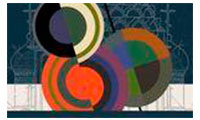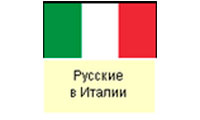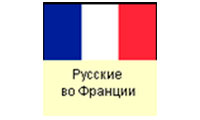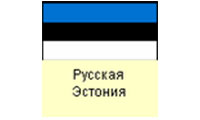Annexation of Latvia to the USSR
On the eve of the Second World War in conditions of increasing international tension, the Soviet-German treaty of non-aggression or the ‘Molotov-Ribbentrop Pact’ was signed on 23 August 1939. In accordance with a secret appendix to this agreement, the USSR and Germany divided up spheres of influence in Europe between them. The Baltic States, Finland, Western Byelorussia, Western Ukraine and Bessarabia were to come under the USSR’s sphere of influence, whilst a large part of Poland became Germany’s zone of influence. The fate of states and peoples was decided without their participation.
On 1 September 1939 Germany attacked Poland – the Second World War began.
On 5 October 1939 the Latvian government under pressure from the USSR permitted the building of Soviet military bases, intended to defend Latvia from possible aggression by Germany.
On 16 June 1940 the government of the USSR handed the Latvian ambassador in Moscow a note, in which Latvia was accused of breaching the articles of the agreement of 5 October 1939 and demands were made to send in additional Soviet troops and to change the government. The Latvian government obeyed and resigned. On 17 June, Soviet troops entered Latvian territory. In his address by radio, the dictator of Latvia - Kārlis Ulmanis announced: ‘Soviet forces are marching into our land this very morning. This is happening with the knowledge and consent of the government, which in turn stems from the amicable relations that exist between Latvia and the Soviet Union. It is, therefore, my wish that the residents of our country also show friendship towards the advancing military units … The government has resigned. I shall remain in my place, you remain in yours’.
No opposition was shown towards the Soviet forces; on the contrary, part of the population accepted the news of their arrival with enthusiasm, which was evidenced by the crowded pro-Soviet demonstrations. Observing them, the well known Russian lawyer and public figure of Latvia, Pyotr Yakobi, wrote: ‘Taken from the German model, the authoritarian beginning in our country has turned into a government of national bureaucracy, having satisfied a limited circle of citizens, who have adapted themselves to the state pie. Clearly, any hardship is not in vain. And so now the down-trodden have raised their voice and demand a return of their rights that have been trampled on … ‘. Among those unhappy with the regime of Kārlis Ulmanis were not only the national minorities but also many Latvians who were anxious about the deteriorating economic situation and who had no desire to end up under the rule of Nazi Germany.
Юлия Александрова. Судьба царского генерала
Константин Гайворонский. Как сдавали Балтию
Димитрий Левицкий. "Национальность жертв не существенна для коммунистической власти..."
Тамара Никифорова. Баржа на Оби
Галина Петрова-Матиса. Звезда, погасшая до срока
Борис Равдин. Е.М.Тихоницкий. Просветитель на перепутье эпох
Наталья Севидова. Курс не меняется!
Елена Слюсарева. Бей своих, чтоб чужие боялись
Related Articles
The Russian minority NGOs in the pre-war Latvia
Russian minority and the economic life of interwar Latvia
Old Believers in Independent Latvia
Russian Minority Schools in Interwar Latvia
Russian press of the interwar Latvia
Russian Artists in the First Period of Independent Latvia
Russian Professors and Students of Latvia in 1919 - 1940
The Latvian Orthodox Churrch in the interwar years
Nikiforov family, 14th of June 1941

























